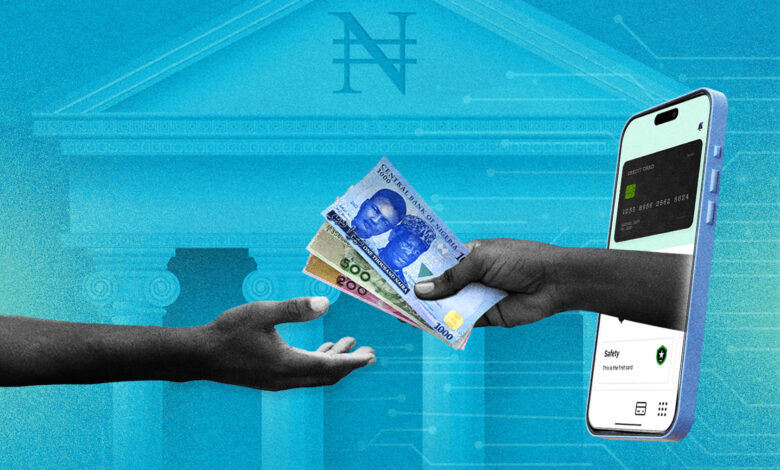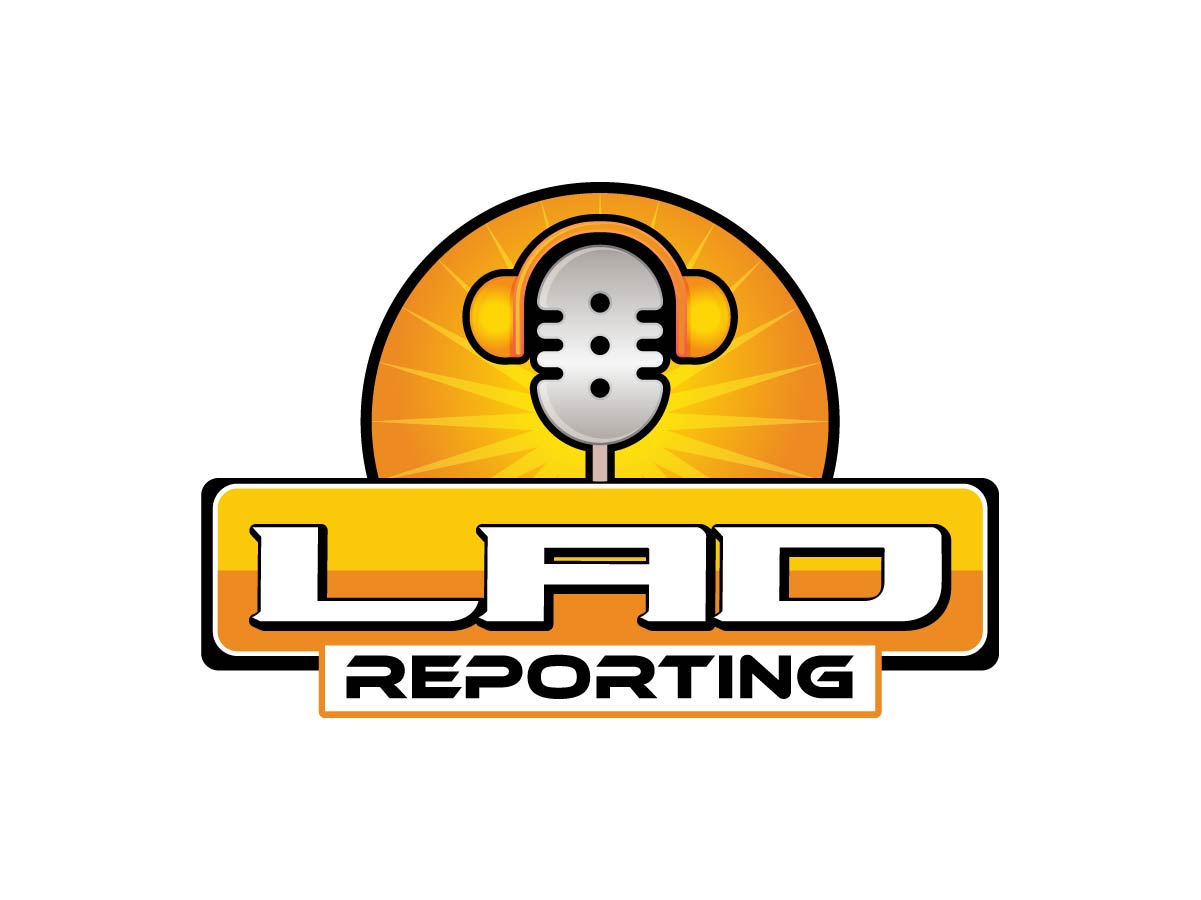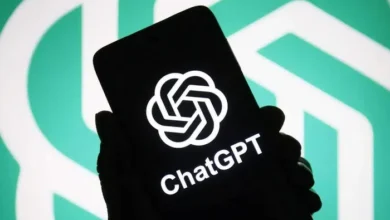‘Pay up or be shamed’: Inside Nigeria’s digital loan harassment scandal

When 27-year-old Mariam Ogundairo urgently needed ₦30,000 (about $20), she turned to a loan app for quick relief. Within minutes, the money dropped into her account.
But with a staggering 21.6% interest rate due in just two weeks, Mariam soon found herself unable to pay back. What followed was nothing short of a nightmare.
“They started calling my phone contacts when I couldn’t pay back on time, saying I owed them. I lost my security, and it makes me so sad and scared,” Mariam recalled.
Mariam’s experience is not isolated. Across Nigeria, many cash-strapped citizens are falling prey to predatory digital loan apps that exploit the country’s inflation-hit economy. Victims report harassment, data leaks, and even public shaming when they miss repayment deadlines.
Loan Apps, Harassment, and Public Shame
![A desperate loanee overwhelmed by loan sharks in Nigeria, highlighting the struggles of financial hardship and the need for debt relief. [Meta AI Photo]](http://ladreporting.com/wp-content/uploads/2025/09/‘Pay-up-or-be-shamed-Inside-Nigerias-digital-loan-harassment.jpg)
A desperate loanee overwhelmed by loan sharks in Nigeria, highlighting the struggles of financial hardship and the need for debt relief. [Meta AI Photo]
Some borrowers, lured by promises of “low interest rates” and instant approval, find themselves trapped by hidden charges and impossible repayment schedules.
For others, the harassment becomes deeply personal. A 24-year-old university student who borrowed ₦70,000 in 2023 said the app labelled him a “ritualist killer” in messages sent to his coursemates after he defaulted.
“It wasn’t the case of unwillingness to pay; it was just a case of impossibility,” he explained.
One victim told the rights group Citizens’ Gavel that a loan app shared her nude photos and a fake obituary with her contacts after she missed payments.
Inflation Fuels Desperation
![People queue to buy fuel at a petrol station in Lagos, southwest Nigeria. [Getty Images]](http://ladreporting.com/wp-content/uploads/2025/09/‘Pay-up-or-be-shamed-Inside-Nigerias-digital-loan-harassment.jpeg)
People queue to buy fuel at a petrol station in Lagos, southwest Nigeria. [Getty Images]
Nigeria’s economic crisis has exacerbated the situation. Since President Bola Tinubu scrapped fuel subsidies and floated the naira in 2023, inflation has soared, leaving millions struggling to cover daily expenses.
As of July, inflation was pegged at 21.8%, and the naira continued to weaken. With conventional bank loans charging as high as 48% interest, many young Nigerians have turned to digital lenders for what they believe is a cheaper, faster alternative.
According to the Central Bank of Nigeria (CBN), outstanding personal loans jumped by over 21% to ₦3.82 trillion by December 2024.
But for many, the “quick fix” turns into financial ruin.
Predatory Apps on the Rise
![Illegal loan apps change strategy to avoid FCCPC regulations [Business Day]](http://ladreporting.com/wp-content/uploads/2025/09/‘Pay-up-or-be-shamed-Inside-Nigerias-digital-loan-harassment.png)
Illegal loan apps change strategy to avoid FCCPC regulations [Business Day]
The Federal Competition and Consumer Protection Commission (FCCPC) announced in March that it had approved 408 loan apps, with 42 receiving conditional clearance and 47 being delisted for misconduct. Another 88 were placed on watchlists, primarily for harassment and privacy breaches.
Still, dozens of apps continue to operate illegally, often rebranding under new names to escape sanctions.
“These promises are deceptive, and borrowers soon face unethical recovery practices such as defamation, harassment, threats, breaches of data privacy, arbitrary fines, and excessively high interest rates,” said Funmi Oderinde, a lawyer at Citizens’ Gavel.
The group has already received over 1,300 complaints from Nigerians who say they were harassed or shamed by loan apps. According to Oderinde, at least two victims nearly took their own lives due to the pressure.
The trauma of harassment has pushed some victims to form online support groups. One such Facebook community now has over 21,000 members, where borrowers share experiences, survival tips, and warnings about new predatory apps.
Yet for many, the scars remain deep. Mariam says she felt humiliated when strangers and family members were contacted about her debt.
“It was like my whole life was put on display,” she said.
Weak Regulation, Stronger Loan Sharks

Tunji Bello, Executive Vice Chairman of FCCPC
While the FCCPC has promised to “monitor interest rates and ensure rates are not exploitative”, enforcement remains weak. Loan sharks, campaigners argue, thrive on loopholes and poor sanctions.
“They thrive because of weak sanctions and poor enforcement,” Oderinde explained.
With Nigeria’s economic crisis unlikely to ease soon, more young people may find themselves trapped in the cycle of debt and harassment.
As incomes shrink, digital loan sharks continue to profit off desperation, one borrower at a time. For Mariam and thousands like her, the experience has been a harsh lesson in survival under an unforgiving economy.
“I just wanted a quick fix,” she said, “but it almost destroyed me.”




